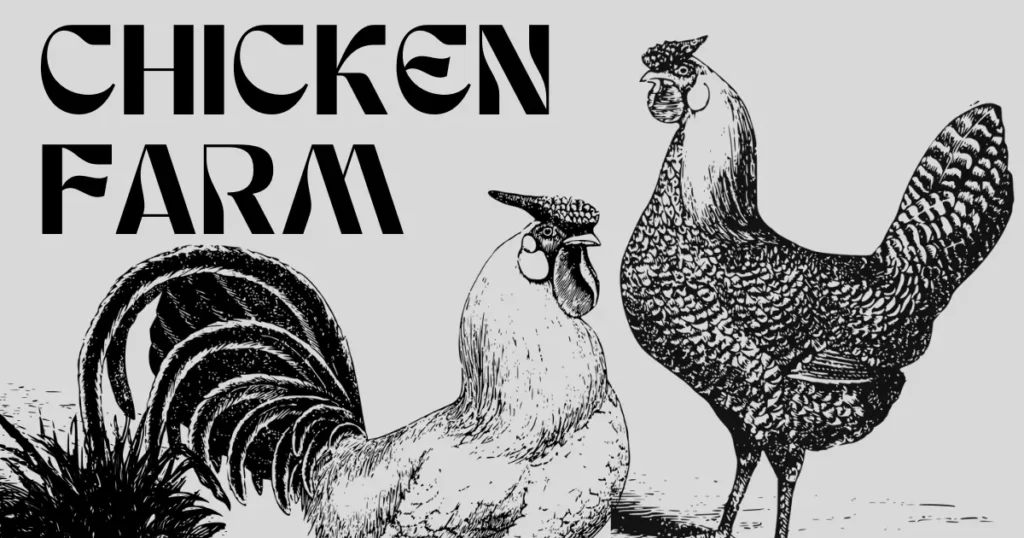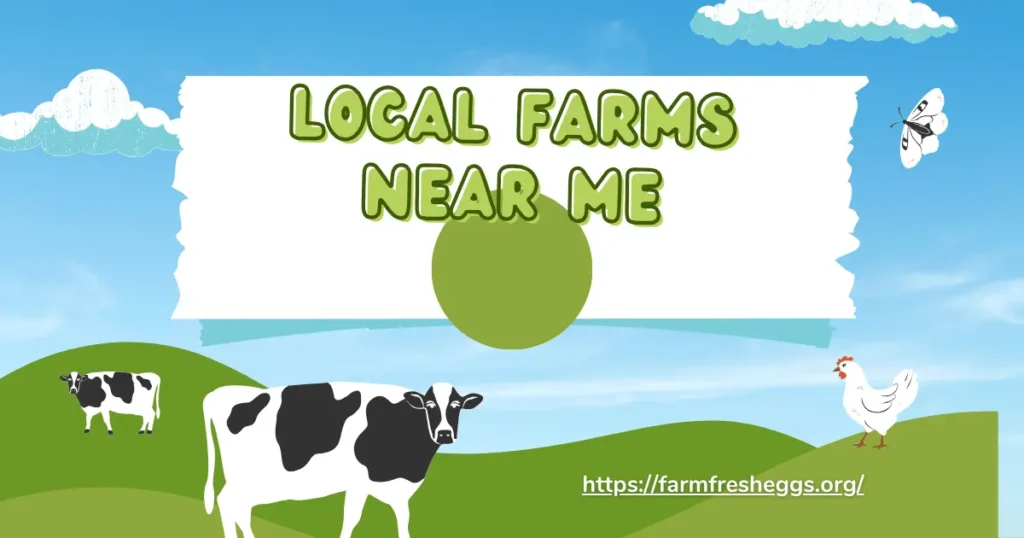A chicken farm is a place where chickens are raised primarily for egg production and meat. These farms play a crucial role in the agricultural sector, contributing significantly to the food supply chain in the USA.
Types of Chicken Farms
Chicken farms vary based on their purpose. There are three main types: egg production farms, broiler farms, and dual-purpose farms. Each type has distinct characteristics and management practices.
Egg Production Farms
These farms focus on raising hens that lay eggs. The primary goal is to maximize egg production. Hens are kept in either cage-free environments or traditional battery cages. The choice of system affects the welfare of the chickens and the quality of the eggs.
Broiler Farms
Broiler farms raise chickens specifically for meat. These chickens grow rapidly, reaching market weight in just a few weeks. Broiler farms often have strict biosecurity measures to ensure the health of the birds.
Dual-Purpose Farms
Dual-purpose farms raise chickens for both eggs and meat. These farms typically have a smaller scale of production and may cater to niche markets.
Chicken Farm Management
Effective management is key to running a successful chicken farm. It involves everything from selecting the right breed to maintaining optimal living conditions.
Breed Selection
Choosing the right breed depends on the farm’s purpose. For egg production, breeds like Leghorns are popular. For meat, Cornish Cross is a common choice. Dual-purpose breeds like Rhode Island Reds are versatile but less specialized.
Housing and Environment
Chickens need a comfortable and safe environment to thrive. Proper ventilation, temperature control, and sufficient space are essential for maintaining a healthy environment. Free-range and organic farms often provide outdoor access, which can improve the birds’ quality of life.
Feeding and Nutrition
A balanced diet is crucial for chicken health and productivity. Most farms use commercial feed, which is formulated to meet the nutritional needs of chickens at different life stages. Some farms also supplement with natural forages.
Health and Biosecurity
Preventing disease is a top priority on a chicken farm. Biosecurity measures include controlling access to the farm, vaccinating birds, and maintaining clean facilities. Regular health checks help catch issues early.
Chicken Farm Economics
Running a chicken farm requires a significant investment, but it can be profitable with proper management.
Startup Costs
Initial costs include land, housing, equipment, and purchasing chicks. Depending on the scale, these costs can range from a few thousand to several hundred thousand dollars.
Operating Costs
Ongoing costs include feed, labor, utilities, and veterinary care. Feed typically accounts for the largest portion of operating expenses.
Profitability
Profitability depends on various factors, including the type of farm, market conditions, and management efficiency. Egg farms generally have steady income, while broiler farms may see more fluctuation due to market demand.
Types of Chicken Farms
| Farm Type | Primary Product | Investment Required | Time to Market | Profitability Potential |
| Egg Production Farm | Eggs | Moderate | Ongoing | Steady |
| Broiler Farm | Meat | High | 6-8 weeks | Variable |
| Dual-Purpose Farm | Eggs and Meat | Variable | Variable | Niche Market |
Benefits of Farm Fresh Eggs
Farm fresh eggs offer superior taste and nutrition. They often have a richer flavor due to the chickens’ diet and better living conditions. Nutritionally, they may be higher in omega-3 fatty acids and vitamins, making them a more nutritious choice.
Farm fresh eggs provide high-quality protein and essential nutrients. They support muscle health, heart health, and overall wellness. Choosing farm fresh eggs also helps support local farms and sustainable practices. For more check the article linked below:
Chicken farming is a vital industry in the USA, providing essential products like eggs and meat. Whether focusing on egg production, broiler farming, or dual-purpose operations, success in this field requires careful planning and management. The right breed selection, housing, nutrition, and biosecurity measures all contribute to a farm’s profitability and sustainability.
References and Sources:
https://www.governor.virginia.gov/newsroom/news-releases/2024/february/name-1022567-en.html
https://www.ers.usda.gov/webdocs/publications/42203/13403_aib748b_1_.pdf?v=41055


